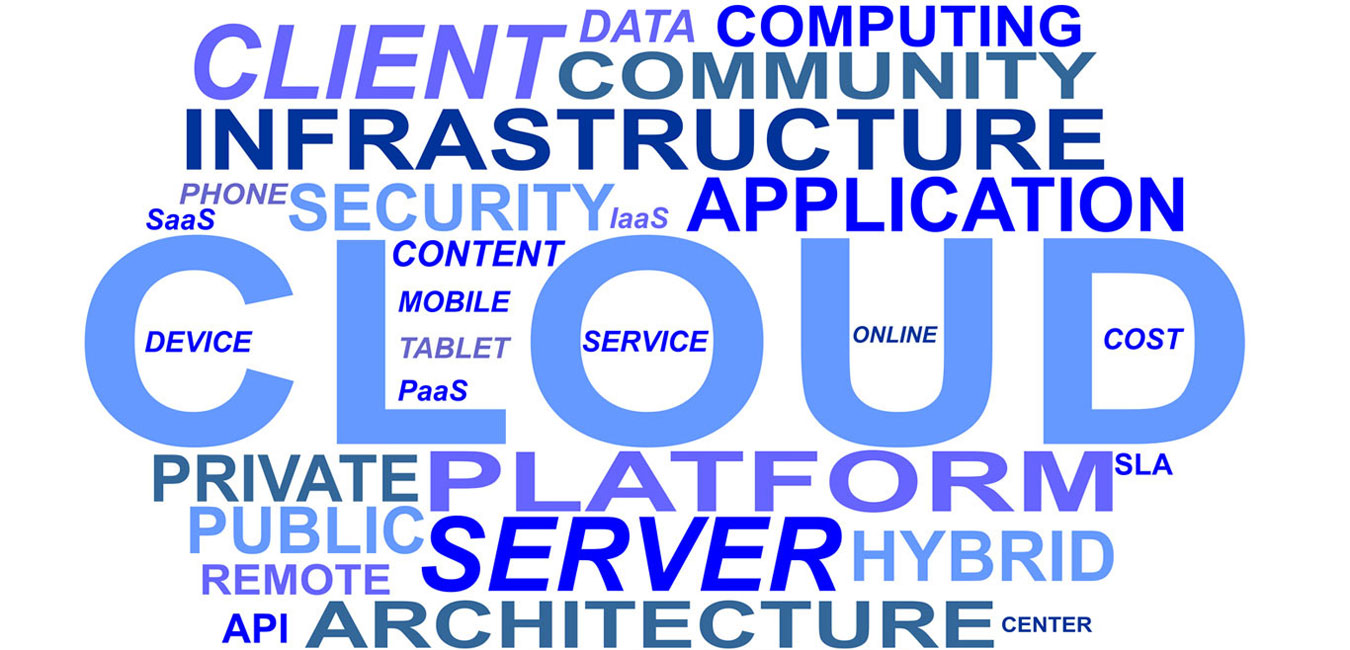5 things to consider when weighing public cloud against private cloud
Businesses pursuing the cloud are faced with the existential question – public or private cloud? Each has its merits that should be considered as per one’s business goals. Here are five factors you must consider prior to choosing a cloud platform.
Accessibility and usage
Each corporation has requirements unique to its business. For example, you have to consider if you can use SaaS the way it was designed or whether you need to alter it according to your requirements, which adds to the cost. Some applications even need dedicated hardware and even though they are offered by vendors, it affects workflow and can make application latency an issue. Implementation, accessibility and on-going operation come easily with private cloud. But if you are considering a public cloud, ensure that the vendor has the server clout that can handle high-performance apps.
Security
In the past few years, there have been many instances of cloud service breaches and several major businesses have suffered from them. Data security is a major concern regarding public cloud services. Although vendors effectively secure the public cloud infrastructure, various corporations are concerned about the implications of depending solely on them as any crack in their security can result in a negative impact on the bottom lines of these corporations. In a private cloud infrastructure, on the flip side, a number of firewalls can be implemented to safeguard data against external threats.
Cost
Flexible payment options concerning cloud infrastructure has given a whole new meaning to the economic expenditure. But the costs of implementing and maintaining private cloud services can bruise, if not break the economy of an organisation. The cost of buying servers, hardware and software along with hiring staff for maintenance is often far more than the prices asked by public cloud vendors. If you no longer need the setup for particular task in private cloud, the equipment just wastes away. That stated, the long-term cost of leasing public cloud continually can exceed the total cost of managing in-house cloud, especially if the data load increases.
Integration and Operation
Integrating the existing IT infrastructure with cloud is another major aspect. Business processes need specific tools for workflow and these tools must be integrated well with the cloud. Private cloud offers the ability to easily integrate business tools but at the cost of elastic capabilities. If the model of your business operations depends on a role-based environment, you must consider the requirement of diverse equipment and capabilities and how they fit in private or public infrastructure.
Scalability
The on-demand availability of public cloud makes it preferable by many organizations. Vendor services make it easy to scale up or down to adjust changes in requirements and environment. You only have to invest in the services that are required at any given time.
Private and public clouds come with management implications, however, selecting a vendor-based solution gives your organization ability to unload most of the management responsibility on the vendor.
Top 5 Things You’ll See In Cloud Platforms In 2015
Cloud is a major energy that has been driving businesses in the online universe. And over the years, it has evolved drastically with its every stage offering a little something for everyone. Most businesses swear by the cloud and others are making a run for it. Whichever category you belong to, it is important to keep pace with the rapidly evolving trends of the cloud so that you are not left behind. Here are 5 predictions for what will be happening in the world of cloud this year.
Containers will gain pace
Dockers and containers have already been set in motion in 2014 and have proved to be incredible packaging format for application micro services. As the cloud rush intensifies in 2015, there will be a wide range of choices and technologies for building applications. And while developers have fully approved of containers, people in the operation departments will also learn to containerize various parts of any application and keep up with them as discrete units.
Expansion of development platforms
In 2015, you will see development environments proliferate in the cloud. This is sure to offer organizations a variety of choices, but they will also need to grasp the fundamental requirements and determine the suitable platform for going forward. As we know that organizations are seeking cloud platforms for more than just servers and storage, there will be an explosion of numerous applications. This will add to the complexity and the platforms will be sturdy enough to handle the load of multiple applications conveniently.
Cloud portability will be a real thing
The ability to migrate various applications and data from one cloud environment to another without disruption will be mastered. Things are already in motion for making applications conveniently portable among various public clouds. The increasing demand of cloud portability will also lead to interoperability among cloud providers.
Software-defined security
Security is a major concern in cloud platforms and a software-defined security system will become part of every Data Center. Pundits state that Data Centers will move forward from hardware-based security to software-integrated one. There will be software mapping capability that feeds Intel in a central system and identifies parameters. This will help in monitoring activities to determine potential threats beforehand.
Hybrid cloud accession
Everyday tools required by the businesses are connected to the cloud platforms to get real-time data conveniently. Organizations are often looking forward to integrate their enterprise applications with cloud applications so as to achieve good pace in configuring systems. Hybrid cloud is the platform that bridges this gap between organizations and vendors. As businesses are more willing to weave the cloud into their in-house application framework, developers will have to evaluate hybrid cloud strategy to avoid fragmentation.



























































